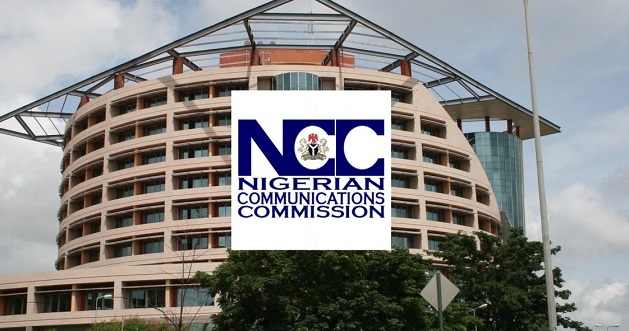The Nigerian Communications Commission (NCC) is planning to take drastic measures to end the lingering dispute between telcos and banks over the unstructured supplementary service data (USDD) debt, TheCable understands.
Sources close to the conversation said the commission may suspend the USSD service and publish a list of banks still owing telcos for the service.
If this happens, the USSD channel will no longer be available for banking services.
Although it is uncertain when the suspension will be officially announced, the list of defaulters may be published before the week ends.
The development, which may be part of the federal government’s efforts to address industry challenges, comes amid telcos’ push for a tariff hike.
Analysis of media reports shows that the USSD debt has risen by 681.2 percent since 2019, leading to many threats of service withdrawal by telecoms operators.
On March 12, 2021, telcos threatened to suspend the USSD service over N42 billion debt accumulated by banks (the amount was N32 billion in 2019). The move was, however, halted by Isa Pantami, former minister of communications and digital economy.
The telcos and banks eventually agreed on March 16, 2021, to adjust the charge on customers to N6.98k for each USSD transaction.
The Association of Licensed Telecommunications Operators of Nigeria (ALTON) said the USSD debt was N80 billion as at November 2022.
By November 16, 2023, the debt, according to telcos, had risen to N200 billion — up from N120 billion in May of the same year.
On October 22, 2024, Gbolahan Awonuga, the executive secretary of ALTON, said the amount had increased to N250 billion.
TheCable understands the NCC, the Central Bank of Nigeria (CBN), and other stakeholders have been engaging to find a lasting solution to the impasse, but efforts at resolving the matter have had little results.
The CBN and the NCC, on December 24, 2024, directed mobile network operators (MNOs) and deposit money banks (DMBs) to settle the protracted debt conflict, asking financial institutions to pay 85 percent of all outstanding invoices by December 31, 2024.




